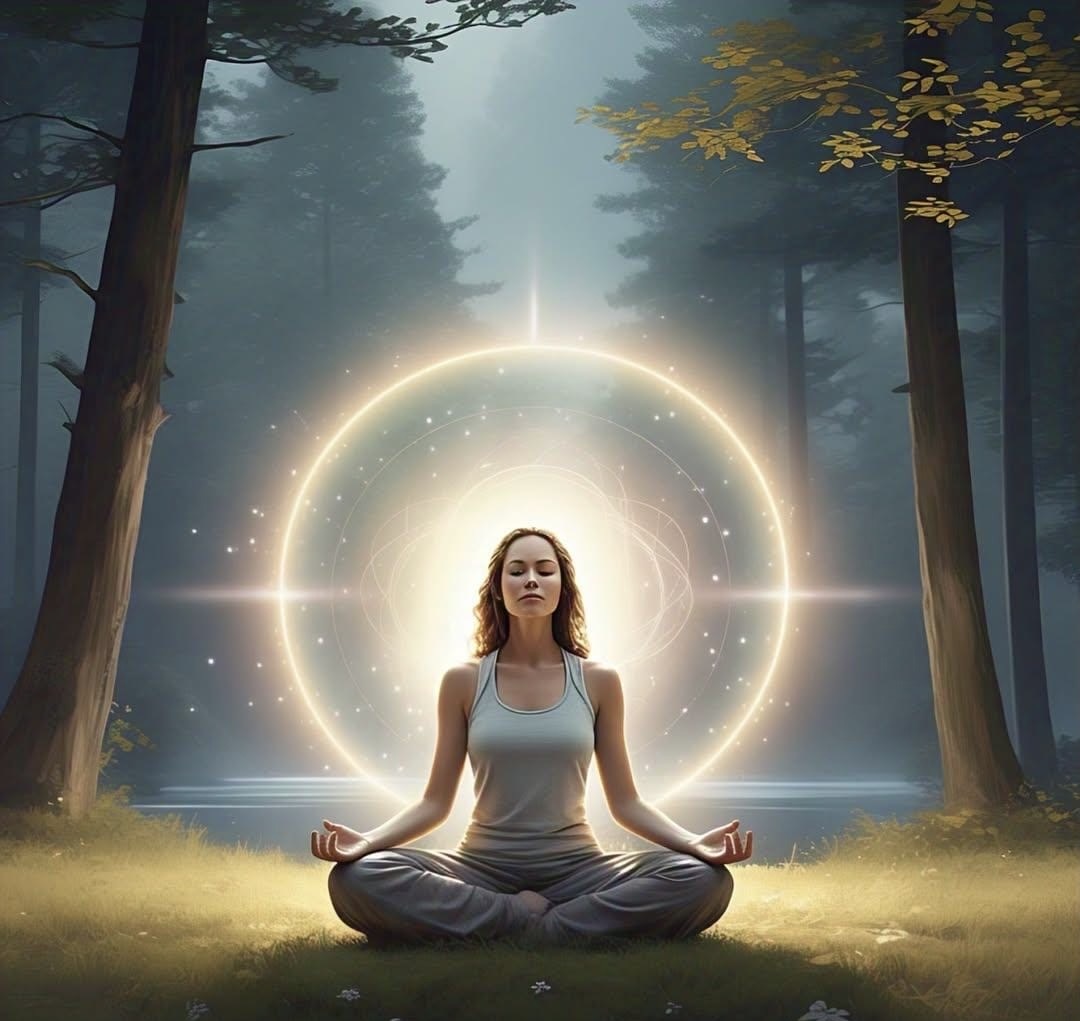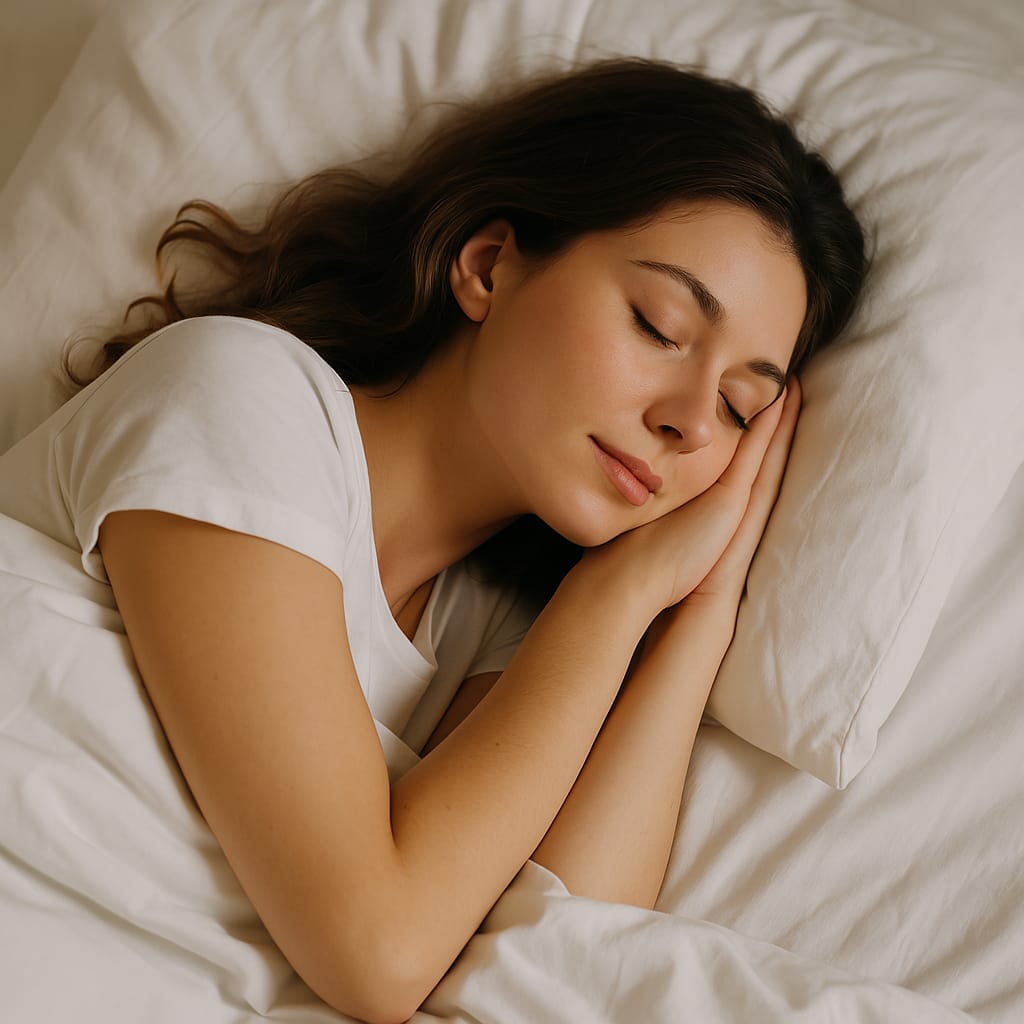digital detox
Hey, busy bees… time to awaken the hive!
Digital Detox—They say we’re more connected than ever, but tell me—when was the last time you actually felt connected to yourself? Maybe it’s not just your phone that’s drained… maybe it’s you.
Oh, you didn’t think you’d get away that easily, did you? I see what you’re doing – scrolling through your phone, hoping you’ll find some “quick fix” to feeling burned out and disconnected. But let’s get real. You’re not going to get that clarity you’re after while your phone’s glued to your hand.
Don’t worry, I’m not judging you (I know how tempting it is to “just check” one more thing). But here’s the thing—people always say they want to feel more present, more focused, more connected, but how many of us actually do something about it? Hint: you’re here, reading this right now, so clearly you’re ready for a change. Let’s talk about what really happens when you hit pause on the noise—and finally hear yourself again.
We live in a world where screens aren’t just tools—they’re practically glued to our hands. Whether it’s laptops, smartphones, television, or tablets, our eyes and brain are continuously stimulated. This endless engagement may seem normal, but it can cause silent damage to our mental and physical well-being.
We can’t deny that technology has become essential. It keeps us connected with our loved ones and supports learning, productivity, and communication—especially for those managing work and family. But when screen use becomes excessive or addictive, it’s time to take a pause. That’s where a digital detox becomes necessary.
A digital detox is a conscious decision to reduce or avoid the use of digital devices—like smartphones, computers, tablets, or social media—for a specific period. This detox period allows your mind and body to relax, reset, and reconnect—away from digital overload.
According to the American Psychological Association, too much screen time can lead to:
- Low self-esteem
- Anxiety and depression
- Poor posture and eye strain
- Sleep disturbances
- Social isolation


Hormonal health is a critical part of overall well-being, especially as we age.
For a deeper understanding from a medical perspective, Mayo Clinic offers expert-backed guidance on hormonal changes, therapies, and care. Read the Mayo Clinic’s Guide to Hormonal Health
1. Why You May Need a Digital Detox

If you feel tired even after sleeping, lack focus, or find yourself endlessly scrolling—your body might be asking for a break.
Common signs you need a digital detox include:
- Anxiety without your phone
- Constant checking of devices
- Struggling to focus on one task
- Disturbed sleep
- Spending more time online than with real people

2. My 7-Day Digital Detox Challenge

After feeling emotionally drained and constantly distracted, I committed to a 7-day digital detox. I didn’t completely cut out screens, but I set intentional limits.
Here’s my journey:
- Day 1: I tracked my screen time—I was shocked by the results!
- Day 2: I set screen-free hours (no devices after 8 PM)
- Day 3: I replaced scrolling with reading and journaling
- Day 4: I went for a walk instead of browsing during breaks
- Day 5: I spent time with my family—playing games and cooking together
- Day 6: I felt calm and more present
- Day 7: I reviewed progress and decided to keep mornings screen-free
By the end of the 7 days, I felt like a fog had lifted.
My mind was clearer, my emotions felt steadier, and, for the first time in a long while, I was actually living in the moment instead of through a screen.
Sure, I didn’t delete every app or swear off technology forever—but I learned that setting healthy boundaries with my devices gave me back something priceless: peace of mind, better sleep, and a deeper connection to real life.

3. Benefits of a Digital Detox

Trust me, a digital detox isn’t just about going cold turkey on your devices. Even a quick break from screens can result in:
- Improved mental clarity
- Better sleep
- Emotional balance
- Stronger relationships
- Enhanced creativity
- Reduced eye strain and better posture
- Increased productivity
So, yeah, it’s not just some “wishful thinking” – a digital detox could actually improve your life in ways you didn’t even know were possible.
4. How to Start Your Digital Detox (Even If You’re Busy)

You don’t need to disconnect entirely. Start small and stay consistent.
Here are easy steps:
- Set Tech-Free Hours: Avoid screens during meals or bedtime
- Use One Device at a Time: Focus on one screen to reduce mental fatigue
- Turn Off Non-Essential Notifications: Minimize digital distractions
- Spend Time Outdoors: Fresh air and nature help reset your brain
- Try Offline Activities: Journaling, yoga, art, reading, or gardening are great alternatives
5. Natural Tips to Support a Digital Detox

- Use screen time limits (e.g., Digital Wellbeing, Screen Time settings)
- Create tech-free zones like bedrooms and dining tables
- Start your mornings screen-free to boost mindfulness
- Replace scrolling with physical activity like walking or stretching
- Keep devices out of the bedroom
Moral Of The Story?
A digital detox isn’t about abandoning technology—it’s about using it mindfully. Whether you start with one hour a day or a full week offline, the benefits are real and powerful.
Take the 7-day challenge and discover how refreshing it feels to unplug for better well-being.

Ever felt tired, heavy, annoyed… but don’t know why?
It’s not just “one of those days.”
It’s your stress hormones running wild—silently messing with your body, your mood, and your cravings.
Before you scream into a pillow, do this: Master Your Mind.
Because balance isn’t found in bubble baths—it starts in your brain.

Stress keeping you up at night?
When you’re stressed, your body floods with cortisol, making it harder to wind down—and not to mention, those late-night cravings for comfort food can kick in.
If you’re struggling to manage stress and sleep, it’s time to get your rest back on track. A good night’s sleep is like hitting the reset button for your body’s stress levels.
Need some tips on getting quality sleep? Discover how sleep optimization can help you manage stress.
FAQs: Everything You’re Really Wondering About a Digital Detox
What is a digital detox, and do I really need one?
Think of a u003cstrongu003edigital detoxu003c/strongu003e like giving your mind a breather—kind of like u0022taking a vacation from the noise without leaving your couch.u0022u003cbru003eIf you find yourself checking your phone before you even open both eyes, or feeling weirdly anxious without your device nearby, that’s your sign. A u003cstrongu003edigital detoxu003c/strongu003e helps you hit reset before burnout hits you like a ton of bricks.
What are the real benefits of digital detox?
Let’s cut to the chase—the u003cstrongu003ebenefits of digital detoxu003c/strongu003e are no joke. We’re talking:u003cbru003eDeeper sleep (like a rock)u003cbru003eClearer focus (goodbye brain fog)u003cbru003eFeeling u003cemu003eactuallyu003c/emu003e happieru003cbru003eBetter posture (your spine will thank you later)u003cbru003eIt’s like they say, “You can’t pour from an empty cup”—and without stepping back, you’re running on fumes without even realizing it.
How to reduce screen time for adults without feeling like you’re missing out?
Easy does it. Reducing screen time isn’t about going cold turkey; it’s about u003cemu003etaking controlu003c/emu003e back, one small step at a time.u003cbru003eHere’s how to u003cstrongu003ereduce screen time for adultsu003c/strongu003e without feeling cut off:u003cbru003eSet “No-Screen” zones (like dinner time = human time)u003cbru003ePick one screen-free hour a day (small hinges swing big doors)u003cbru003eSwap scrolling for something real: walks, journaling, even messy paintingu003cbru003eRemember: u0022Out of sight, out of mindu0022—keeping your phone away really u003cemu003edoesu003c/emu003e work.
How long should a digital detox last?
There’s no magic number. Some people need a full weekend, some start with an hour a day. The best u003cstrongu003edigital detoxu003c/strongu003e is the one you’ll actually stick to.u003cbru003eAs they say, u0022Rome wasn’t built in a dayu0022—and neither is a healthier mind. Start small, build momentum.
What if I can’t do a full detox because of work?
No worries—you’re human!u003cbru003eIf work demands your screen time, focus on “micro detoxes”—tiny breaks that still give your brain breathing room.u003cbru003eYou can still get the u003cstrongu003ebenefits of digital detoxu003c/strongu003e by:u003cbru003eTaking 10-minute screen breaks every houru003cbru003eTurning off u003cemu003enon-essentialu003c/emu003e notificationsu003cbru003eStarting and ending your day screen-freeu003cbru003eEven a little detox is better than none—baby steps still move you forward.
Is a digital detox really worth it in today’s world?
Short answer? Absolutely.u003cbru003eWe live in a world where “all work and no play makes Jack a dull boy”—and nonstop screen time makes everyone exhausted and anxious.u003cbru003eA u003cstrongu003edigital detoxu003c/strongu003e brings you back to real moments, real connections, and real u003cemu003eyouu003c/emu003e. It’s not about escaping the world; it’s about showing up better for it.
How do I stay motivated during a digital detox?
Great question.u003cbru003eHere’s a trick: u003cstrongu003eFocus on what you’re gainingu003c/strongu003e, not what you’re giving up.u003cbru003eEvery time you resist endless scrolling, you’re choosing:u003cbru003eBetter sleepu003cbru003eMore energyu003cbru003eStronger focusu003cbru003ePeace of mindu003cbru003eLike they say, “The grass is greener where you water it”—so start watering u003cemu003eyourselfu003c/emu003e, not your feed.
Got more questions? Drop them in the comments—let’s talk about digital detox!
Well, well, So, you’re probably thinking, “Oh, I’ll just scroll for five more minutes and then I’ll take a break.” Yeah, right. We’ve all been there. Next thing you know, it’s three hours later and your eyes feel like they’re about to fall out of your head. Sound familiar? It’s like that “just one more episode” syndrome, but for your brain.
So, take a page out of my book (or better yet, this blog), and start your own digital detox. Even just a day, a few hours, or a “no phone after 8 PM” rule could be the game-changer you didn’t know you needed.
But hey, you didn’t hear it from me. I’m just the messenger, darling. So go ahead, unplug, breathe, and get back to feeling yourself again. Trust me, you won’t regret it.
And remember—Sometimes the best way to move forward is to take a step back—until next time.
Buzzing off for now—BBZZ, Awakening Hive









One Comment